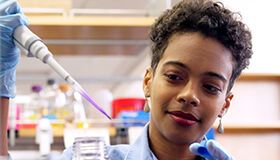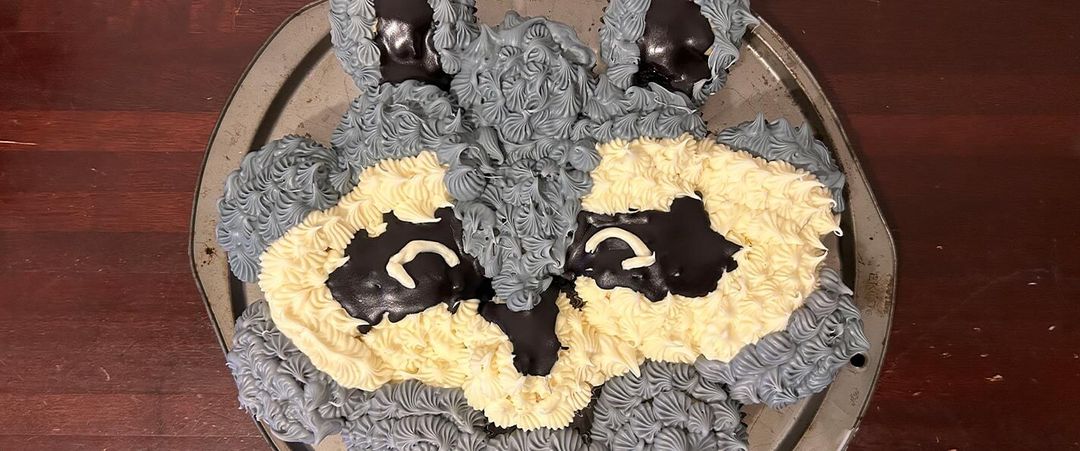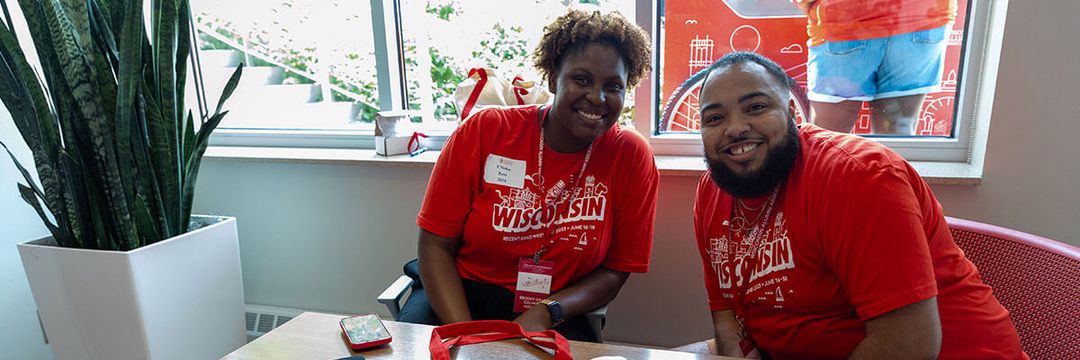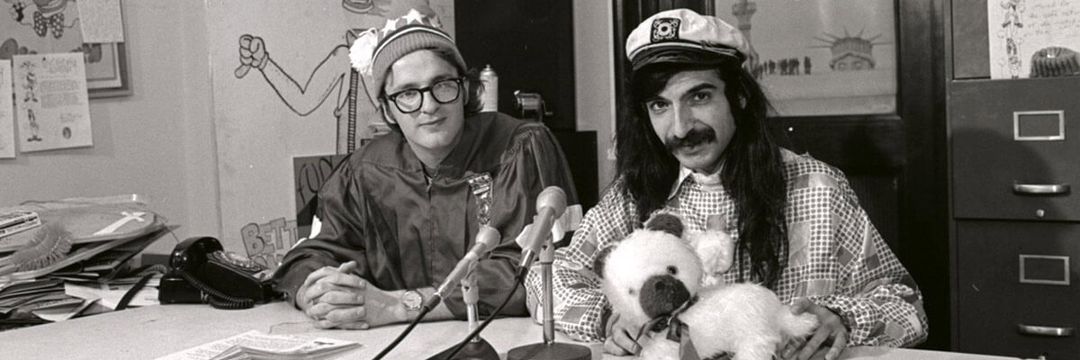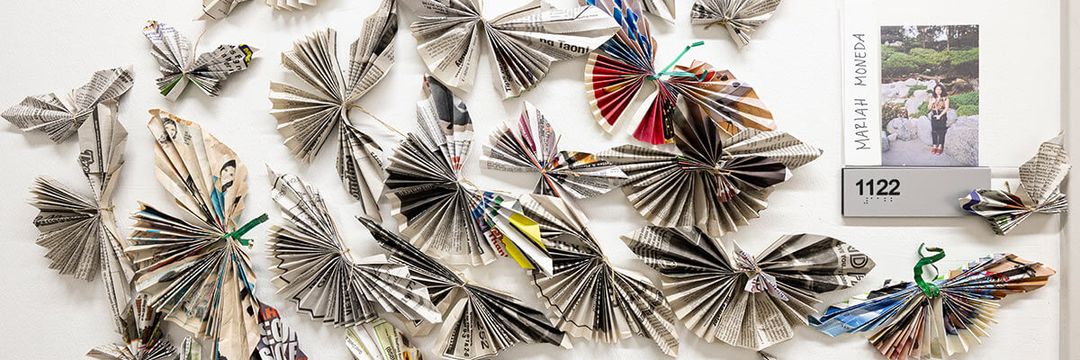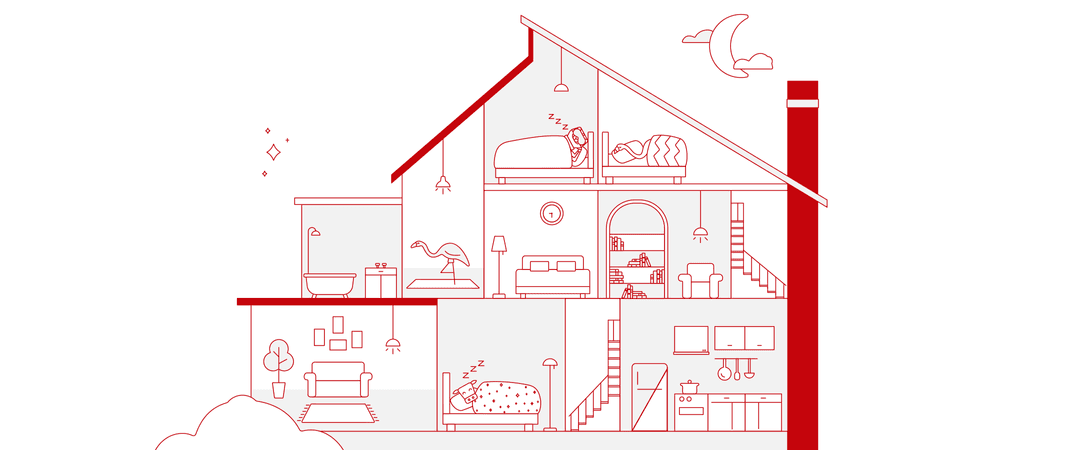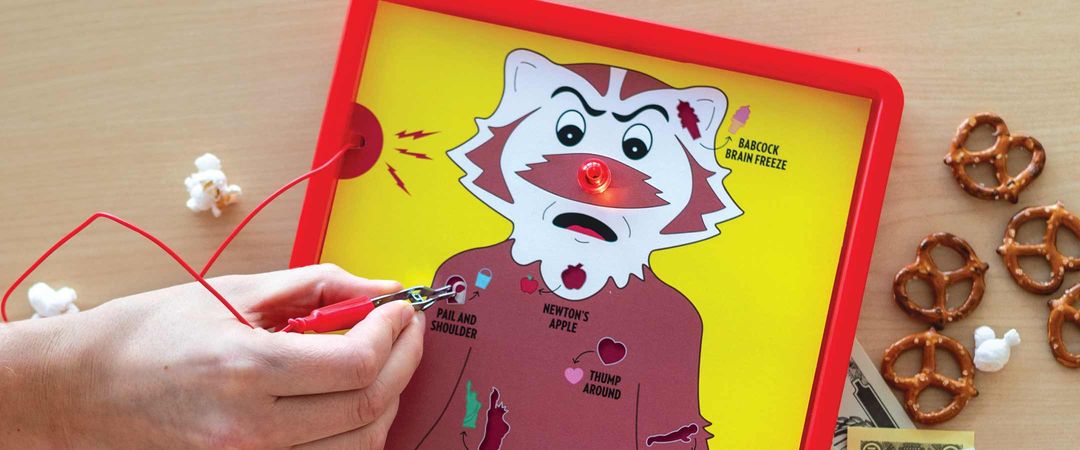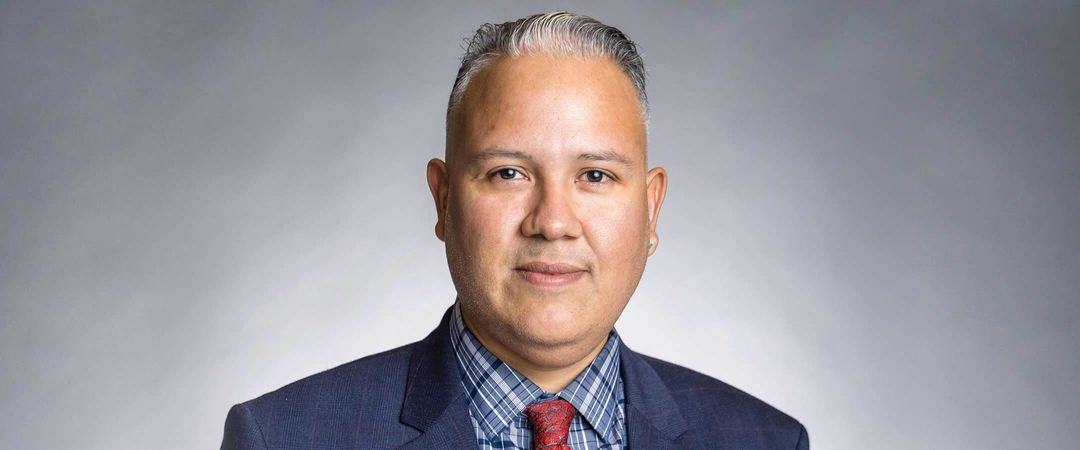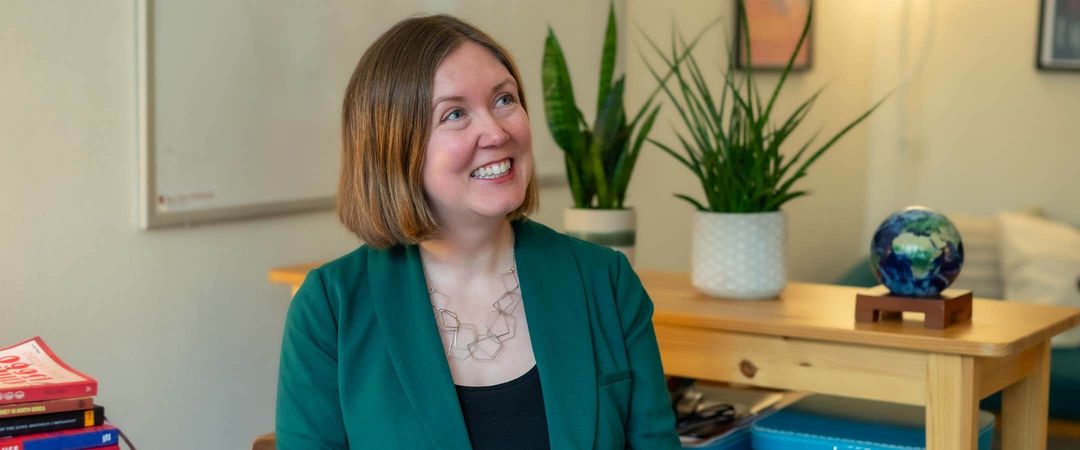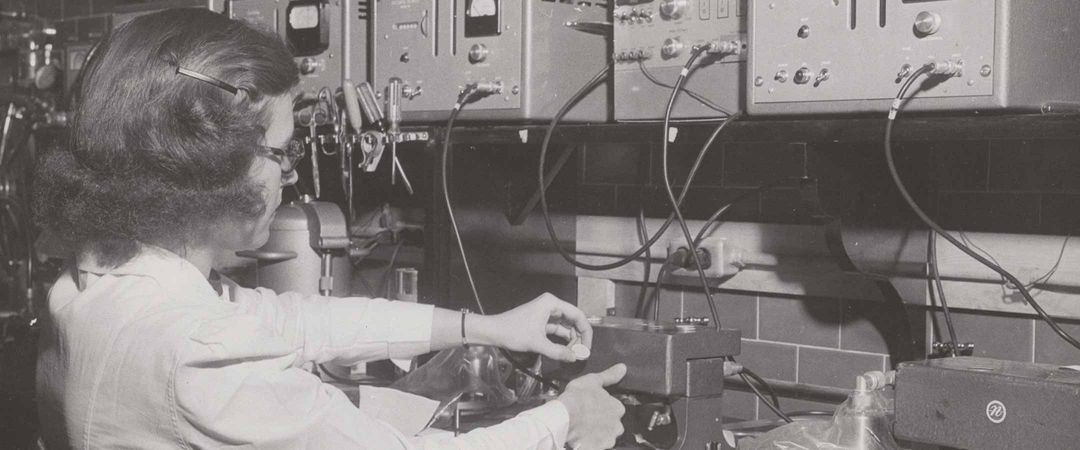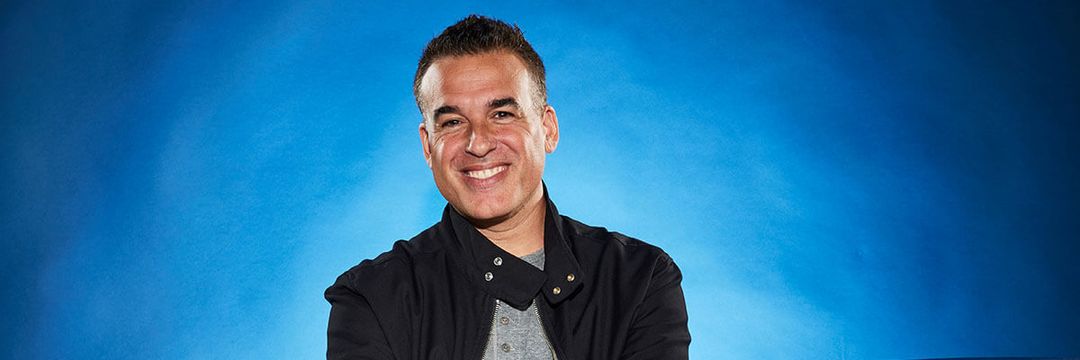At just 23 years old, Julia Nepper ’17 has earned a name for herself as one of the youngest people to receive a doctorate — in biophysics, no less. Having started college at Cape Fear Community College when she was 11, Nepper has always excelled in school — earning degrees in biology, chemistry, biochemistry, and molecular biology — and has attributed that to her genuine love for learning. As she enters post-grad life, she reflects on her personal growth, considers her love for science, and contemplates how she can make her contribution to humanity.
You wrote an article called “The Problem with Being Clever” where you compared yourself to the protagonist of The Kingkiller Chronicles, Kvothe, someone you referred to as a “wizard scientist.” Why you see so much of yourself in this character?
The thing about this character is he’s very smart and he knows it. So he has a tendency to get himself into things that he can’t necessarily handle because he thinks that he can. And I see that tendency in myself. I might take on things that I might not necessarily be able to do because I’m pretty sure that I can, which sometimes gets me into trouble. Sometimes it also leads to very good experiences because I try to do things that other people don’t try to do just because it’s like, “maybe I can.” I remember a few years ago, I applied to go to the Lindau Nobel Laureate meeting in Germany, and I was pretty sure I wasn’t gonna get selected — but I did, so I got to go to Germany and meet all these amazing people.
Another trait that you share with Kvothe is that you are both musicians. What is your relationship to piano?
I started playing when I was eight. My parents got me this keyboard for Christmas and kind of just let me learn on my own. Actually, the first college class that I took — which was basically my dad seeing if I could handle college — was a piano class. When I took that, he asked the teacher, “Is she any good? Is it worth paying for lessons?” and the teacher was like, “Yeah, she’s pretty good.” So for the next few years I took lessons, went to recitals, did competitions and whatnot. […] Since then, piano has been secondary in my life. […] That’s one of my goals for when I get a real job — get an actual piano so that I can play. I’ve always really enjoyed music; it really speaks to me and I really enjoy listening to it, playing it, and reading it.
What were some other interests you explored when you started at UW–Madison?
One of the things, honestly, is that I explored having an active social life […] Through that, I got introduced to a lot of different things. Mostly incredibly nerdy things like Dungeons and Dragons, but also things like […] going to Devil’s Lake and hiking around. That stuff that seems pretty simple, but it's stuff that I hadn’t really had the chance to do before. The other grad students in my lab started a movie night a few years ago specifically to educate me on all the movies that I missed like Ghostbusters and Indiana Jones. I enjoy new experiences, so when I get the chance to experience something new, I get really excited about it. I’m up to try just about anything at least once.
How did you go about choosing that path that you wanted to go down?
Choosing the path was kind of random. Balancing it was easier. At some point, I was actually an officer in three different campus organizations, so I had to very rigorously schedule my time, which in some ways made it easier. When you’re a grad student, your time is so free and you can kind of just do what you want and schedule yourself. It really helps to have that structure to build around.
Why was pursuing the highest level of education been important to you?
I don’t think that I would have neglected coming to college had I followed a traditional route. I think that it was destined to be, because I really like learning; I really like school. For me, I think that the most important thing about higher education is exposure to new things. Experiencing new things, new people, new cultures, and learning that the world is bigger than you thought it is. You don’t need to learn everything, you just need to learn how much you don’t know.
Having spent most of your life in an intense academic setting, how have you adjusted to life after college?
It’s been interesting. I’m trying to figure out what to do with myself. I’ve spent a lot of time introspecting and trying to decide who I am as a person, what my goals are, and where I want to go in life, which is honestly not something I ever thought I’d spent so much time thinking about. I kind of always scoffed at the idea of sitting down to think, “Who am I as a person?” I’ve learned a lot about myself [by] reflecting on what I went through in grad school and what I want to do now. I think the future is kind of a black box, but I’m very excited to open it up and see what’s in there.
What’s been your biggest challenge?
Coming here to grad school, I was so used to taking classes, getting grades, taking more classes, getting more grades. There was a road map where you could see where you are and how long it’s gonna take. In grad school it’s like, “Here you are, go do something and come back when it’s good enough.” “What’s good enough?” “Well, we’ll find out when you do it.” That lack of direction was very challenging for me, and constantly failing at everything because you’re literally trying to do something that’s never been done before — expand human knowledge.
What kind of impact do you hope to make on the world?
I see myself being a science communicator. I think there is a real need for evidence-based approaches to communicating science. It’s really fascinating to me. I just love learning things and explaining things to people. I love seeing the light in their eyes when they get it. A lot of people think “Oh, I’m not good at science; science is complicated; science is hard,” and it’s completely not true. Science is just a method for solving problems. Being able to explain something that seems really complicated to someone and have them get it and realize that they can understand these things and that they’re way smarter than they think they are is incredibly exciting to me. That’s what I hope my contribution to humanity will be.
Do you have any advice for students currently pursuing their PhDs?
Don’t be afraid to fail. Everyone fails every day. Don’t be afraid to change what you’re doing, because life isn’t linear. I started out wanting to be a vet. In grad school I wanted to do something in science, being a researcher. Now, I’m seriously looking at science communication instead. My path hasn’t been as winding as some, [but] I think sometimes when you’re in the moment you get the sunk-cost fallacy “Oh, I’ve already gone this far” and I think that’s a terrible way of thinking about things. It’s fine to change course. Just know that the experiences that you had before are still gonna be incredibly useful moving forward because now you’re gonna have a different perspective on things that you’re gonna bring to an environment that might have pretty homogenous perspectives and you could literally revolutionize that.
